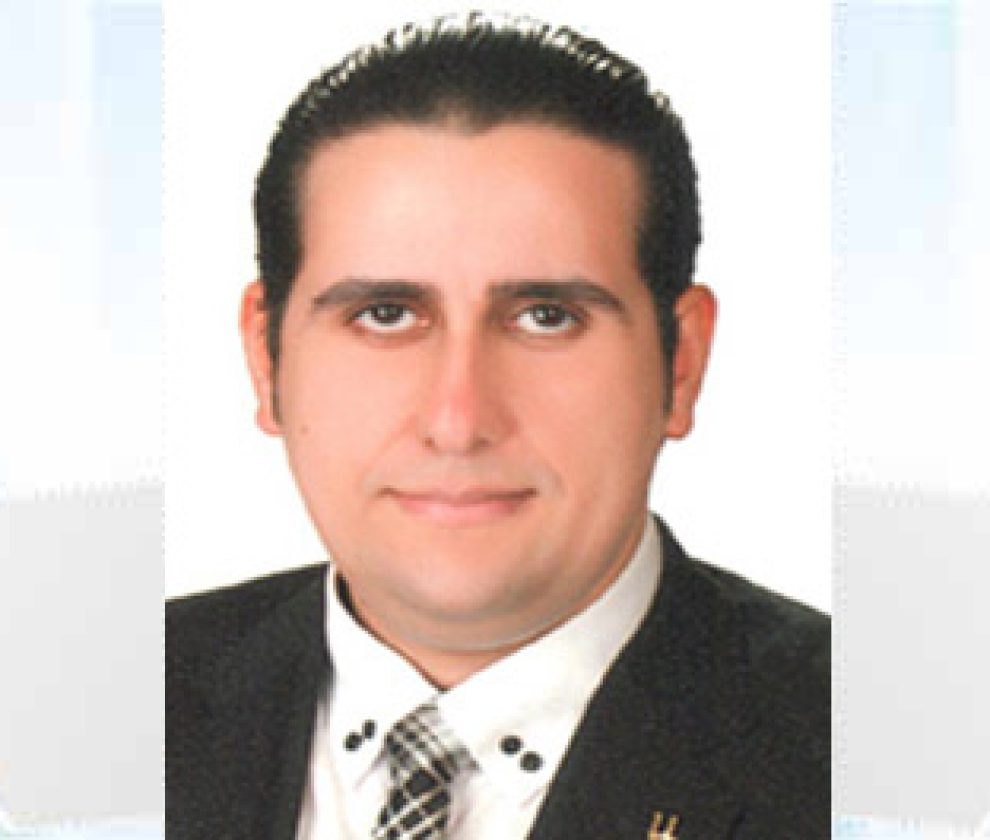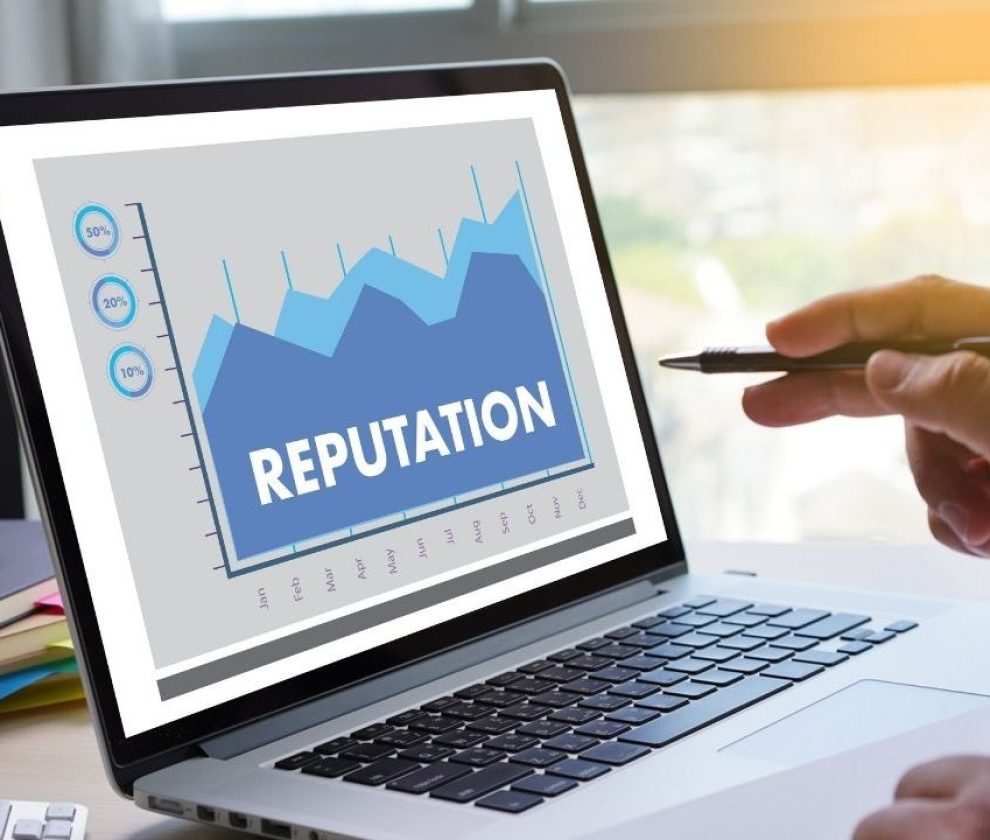Source | timebusinessnews.com
Shield Consultancy has developed a consultation study after much research concerning the safe electoral voting project through smartphone applications in Egypt ready for immediate implementation upon testing.
Voting is done through an application that works through these phones, which are now available to most citizens of the Arab Republic of Egypt.
The CEO and founder of Shield Consultancy, Mr. Moataz O Saleh, hopes to implement this promising project in cooperation with the National Elections Authority and the security authorities of the Republic as the company creates and activates the application.
The importance of the idea and its inevitable necessity stemmed in conjunction with the state’s inclination to apply technology to facilitate all citizens’ services and to take an approach to facilitate daily life and improve the level of service.
Despite the concern of some about the misuse of the application and the concerns of lack of transparency or piracy, many believe that the use of technology should be encouraged nonetheless as it would result in increased voting rates and ease of participation in political life, consequently leading to positive results and tangible change.
Ease of voting does not compromise safety rates:
Mr. Moataz Saleh assuredly stated that there would most definitely be adequate protection programs in place to block the way for those who might think to tamper with the application or pirate it locally or internationally.
The application would be available for download through the “Google Play” and “Apple Store” apps. After downloading the app, the user creates an account, which requires linking the user’s electoral identification code to the driver’s license, as well as filming and sending a video of the user’s face -as the voting system uses face recognition technology similar to that of Apple’s Face ID- to verify that the face in the video is the true face of the voter registered in the voter registration database. It also requires additional steps and data for security and protection, including the user’s national identification number, as well as the phone number previously linked to the ID card and a live photo by camera to prevent account hacking or vote tampering and theft in a complex security system that is difficult to tamper with. After successful account creation and identity verification, the voter will be able to use the voting app to cast their vote in an election.
Election and voting are done through a smartphone application, but the voting system itself includes more than that. There is a database of voters that has been linked with the National Elections Authority and the security authorities that has also been prepared in a comprehensive electronic format. In addition, there is an electronic assignment of voters among the various election committees, as is the custom with paper-based electoral committees.
The candidates are distributed electronically to the electoral committees and districts to show the voter the names of the different running candidates in the electoral committee the voter is assigned to, and this will be done according to the highest standards of voter security.
A big portion of the electronic voting system works in the backend and is not seen by the voter who uses the application, and this portion includes the voter database, their electoral committees, and the candidates, as well as their electoral data and methods of verifying their identity, which in this case is face prints. The application also includes in the backend systems for receiving, counting and sorting votes and announcing results.
In the event that there is a double vote between paper and electronic, the mobile voting system is ready to provide all the voting data through all its stages to those responsible for the traditional paper voting, or merge the paper voting data with the electronic voting data to be entered in the sorting and counting systems and show results.
The CEO and founder of Shield Consultancy, Moataz Saleh, aims to launch this application to make it easier for voters to cast their votes without having to endure the unpleasantness of standing up and waiting in line. Recently, due to Corona, we noticed the reluctance of voters to attend the Egyptian Senate elections, making this a solution to raising the rate of voter participation.
In conclusion:
Saleh also confirmed that if this study is adopted, he will experiment with a sample of a thousand citizens using a complete simulation model of the Egyptian elections, in addition to activating a trial period that allows all the relevant authorities to study all the different possibilities before the actual application is released. Saleh hopes to adopt the use of technology as he realizes the contribution it can make to increasing voter turnout and raising participation rates to levels not seen before in Egypt.


